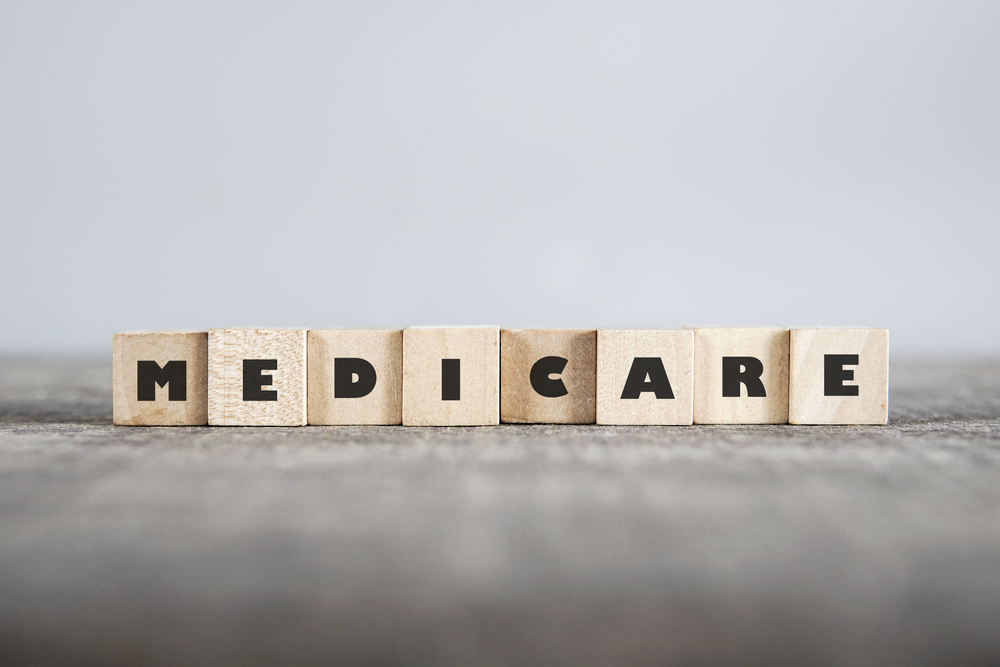According to U.S. Census Bureau estimates, the number of Americans age 65 and older will…
Is Your Retirement Plan Prepared with Taxes in Mind?
Don’t assume that your tax liability will shrink during retirement. Start planning now to avoid any unpleasant surprises.
Taxes are one of the most overlooked challenges of retirement finances. We typically think about outliving our assets, the high cost of health insurance and nursing home care, or needing to help out adult children or other family members. However, taxes are a major threat to retirement finances, and advance planning is necessary to deal with their impact, says Kiplinger in “Taxes Can Be a Real Threat to Your Retirement.”
You may have been told that when you retire you’ll be in a lower tax bracket, compared to when you were working full-time. We’re told to invest what we can in our 401(k)s or other plans because we’ll get a nice deduction now. When we retire, we won’t need as much income. Because we won’t be earning a salary, our tax burden will be lessened. But that may be a myth for some.
There are three reasons why some Americans may not get a tax break when they retire:
Maintaining their current standard of living. Most people want to live the same way when they retire, so they need about the same amount of monthly income they had while they were working. That comes with similar tax consequences. Their expenses will change and retirees have extra time on their hands. That time usually gets filled with things that cost money, such as a new hobby or travel.
Tax deductions. When you retire, you won’t have all those same tax deductions, like a mortgage deduction. Retirees aren’t contributing to 401(k)s, so they receive no deduction there. See how the deductions can disappear?
Higher tax brackets in the future. Our current individual tax brackets are about as low as they’ve ever been. Social Security, Medicare, and Medicaid are still unfunded liabilities that could lead to tax increases.
To help prepare for these possibilities, plan now to have as much money as you can in tax-free accounts, like Roth IRAs, Roth 401(k)s, and investment-grade insurance strategies. Contribute to your company 401(k) to get any possible match.
Don’t wait until you are starting to take your RMD distributions to start planning for your retirement tax bills. There are available options and a knowledgeable estate planning attorney can help. How important is this issue? It could make the difference between struggling to meet monthly expenses and enjoying a pleasure-filled retirement.
Reference: Kiplinger (June 2017) “Taxes Can Be a Real Threat to Your Retirement”



